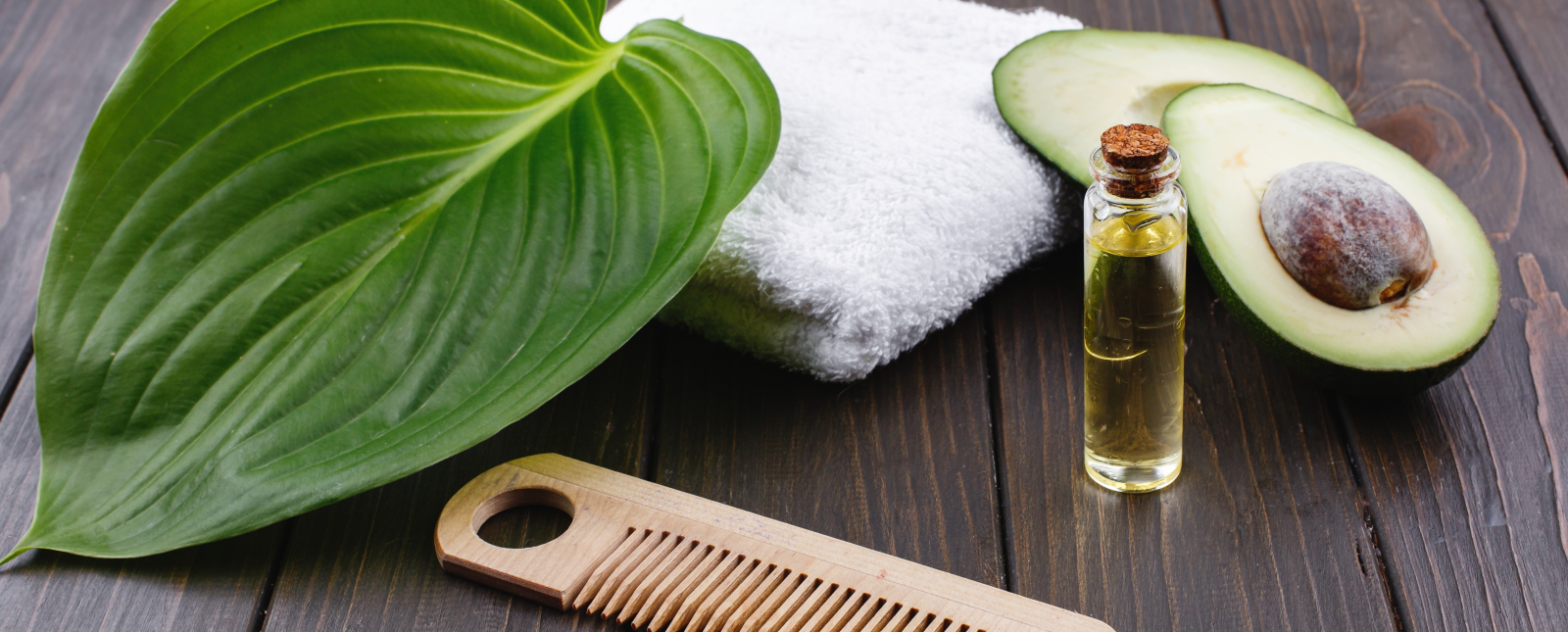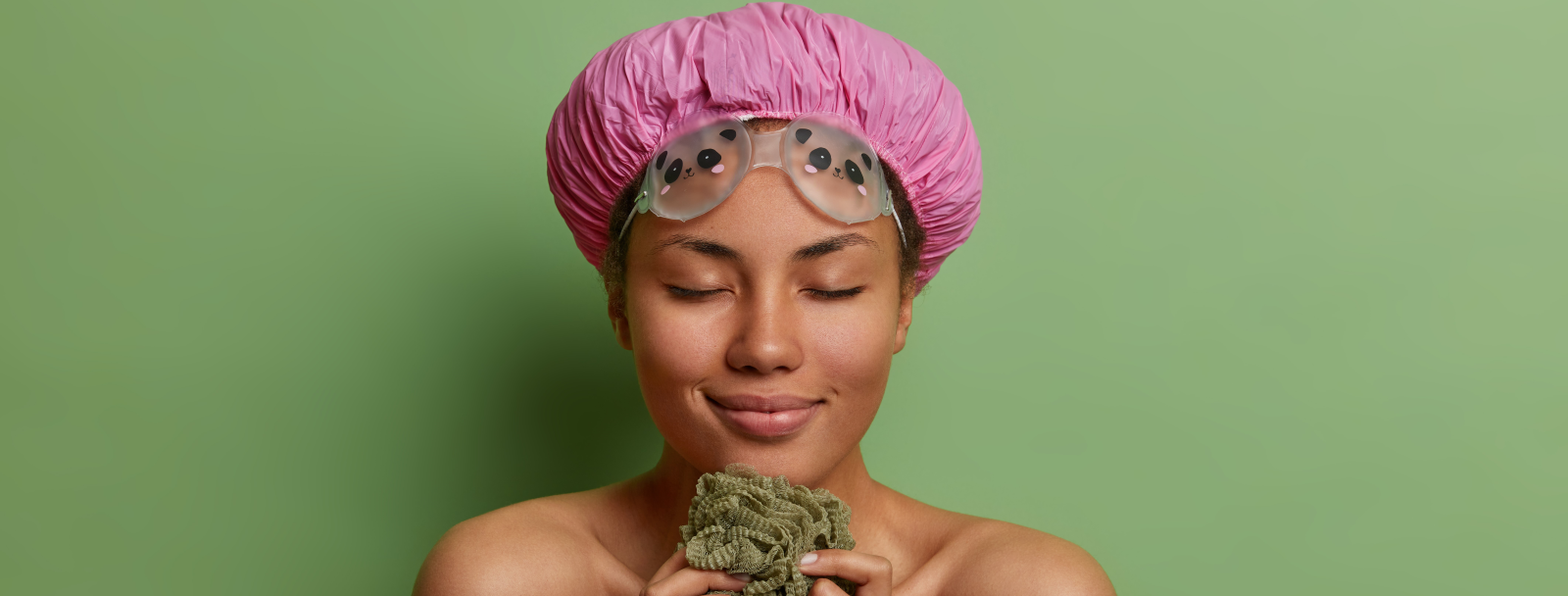The Best Natural Hair Treatments For 2025
The Shift Towards Natural Hair Care
More people are turning to Best Natural Hair Treatments as they become aware of what’s in store-bought products. Why trust labels with endless lists of unpronounceable ingredients when you can achieve healthier hair using things already in your kitchen?
These treatments aren’t new—they’re the same tricks grandmothers swore by. What’s changed is our rediscovery of their value. Natural ingredients are effective, affordable, and safe for regular use. Let’s explore how some of these remedies can transform your hair into its healthiest, most radiant state.
Of course there are some basics like eating well, keeping fit and having ample rest.
Apple Cider Vinegar: The Everyday Miracle Worker
You might think of apple cider vinegar (ACV) as a pantry staple, but it’s also a powerhouse for hair care. It works by sealing the hair cuticles, which makes strands smoother and shinier. ACV also helps balance the pH of your scalp, reducing itchiness and flakes caused by irritation.
To use ACV, mix one part vinegar with six parts water in a spray bottle. After shampooing, spritz it onto your damp hair, focusing on the ends. Leave it on for a minute or two before rinsing thoroughly. Don’t worry about the smell—it disappears completely after rinsing.
Use this treatment once or twice a week. Over time, you’ll notice softer, shinier hair that’s easier to manage. For anyone struggling with dull or frizzy hair, ACV is a simple fix with remarkable results.
Beer: The Secret Strengthener
Beer for your hair? It might sound odd, but it’s one of the best-kept secrets for stronger, healthier locks. Beer is packed with B vitamins and proteins that repair damaged strands, making it a fantastic solution for brittle or weakened hair.
Here’s how to use it: Let a cup of beer sit out until it’s flat (this removes the carbonation). Mix it with a beaten egg and two teaspoons of apple cider vinegar to create a nourishing mask. Apply the mixture to your hair, focusing on the roots and ends. Let it sit for about 30 minutes, then rinse with cold water.
The result? Your hair feels stronger, thicker, and smoother—without spending a fortune on salon treatments. It’s also a fun remedy to try on a self-care weekend!
Coconut Oil: The Ultimate Dry Hair Fix
Coconut oil has earned its reputation as a miracle worker for dry, damaged hair. It penetrates deep into the hair shaft, restoring moisture and preventing protein loss. If you’ve been dealing with split ends or frizz, this is your go-to remedy.
To use coconut oil, start with a small amount—just enough to coat your fingertips. Warm it up between your palms, then gently massage it into the ends of your hair. Leave it on for at least 20 minutes, or overnight for a more intense treatment. Wash your hair thoroughly with shampoo to remove the oil, and voila—your hair is softer, shinier, and full of life.
Regular use of coconut oil not only hydrates your hair but also protects it from everyday damage caused by heat styling or environmental factors.
Greek Yogurt and Honey: A Hydrating Duo
If your hair is prone to breakage, a Greek yogurt and honey mask might be just what you need. Yogurt is packed with proteins that strengthen hair strands, while honey locks in moisture and adds a healthy sheen. Together, they create a deeply hydrating treatment perfect for dry or damaged hair.
To make this mask, combine three tablespoons of plain Greek yogurt with one tablespoon of raw honey. Apply the mixture to clean, damp hair, making sure to cover every strand. Leave it on for 20–30 minutes, then rinse thoroughly with lukewarm water.
This simple yet effective remedy leaves your hair feeling soft and rejuvenated. Plus, it’s gentle enough to use weekly for ongoing hydration.
Coarse Salt: A Deep Clean for Oily Hair
Oily hair can be frustrating, but coarse salt offers a natural way to reset your scalp. Acting as a gentle exfoliant, it removes build-up and controls excess oil, leaving your hair feeling fresh and clean.
To create a salt scrub, mix two tablespoons of coarse salt with your regular shampoo until it forms a paste. Apply it to your scalp, massaging in small, circular motions for about a minute. Then, rinse with cool water and follow up with conditioner.
This treatment is powerful, so once a month is enough to see results. It’s an excellent alternative to chemical-heavy clarifying shampoos.
Aspirin: Banish Dandruff for Good
Aspirin’s salicylic acid content makes it a surprisingly effective remedy for dandruff. This compound helps to exfoliate the scalp, clear flakes, and soothe irritation, offering relief for anyone struggling with an itchy, dry scalp.
To use, crush two aspirin tablets into a fine powder and mix them with a tablespoon of shampoo. Massage the mixture into your scalp, letting it sit for 5 minutes before rinsing. Be sure to follow up with a hydrating conditioner to keep your scalp moisturised.
Within a few applications, you’ll notice a significant reduction in dandruff and a healthier scalp overall.
Scalp Health Matters
A healthy scalp is the foundation of beautiful hair. Neglecting scalp care can lead to problems like dandruff, hair loss, or excessive oiliness. That’s why natural treatments like the aspirin mask or ACV rinse are so effective—they target scalp health directly.
Regular scalp massages can also improve circulation, stimulating hair growth. Using natural oils like jojoba or tea tree oil can help maintain a balanced, nourished scalp. A little extra care goes a long way in ensuring your hair grows strong and healthy.
Tips for Transitioning to Natural Hair Care
Switching to natural remedies can take some adjustment. Initially, your hair might go through a detox phase as it sheds the residue from commercial products. Be patient—it’s worth it.
Start by using natural treatments once or twice a week. Over time, as your hair adapts, you’ll notice improved texture, shine, and overall health. Remember, consistency is key when it comes to natural remedies.
Why Does Natural Hair Treatment Work?
The effectiveness of natural treatments lies in their simplicity. Unlike chemical-based products, which can strip your hair of its natural oils, these remedies nourish and repair without causing harm.
Ingredients like honey, coconut oil, and ACV are rich in vitamins, minerals, and antioxidants. They work with your hair’s natural structure to restore balance and vitality. The best part? You’re in control of what goes into your hair care routine.
Customising Natural Treatments for Your Hair Type
Not all hair is the same, and the beauty of natural treatments lies in their adaptability. By tweaking these remedies, you can cater to your hair type and unique needs. Here’s how to adjust for maximum results:
For Curly Hair
Curly hair often struggles with dryness and frizz due to its structure, which makes it harder for natural oils to travel down the strands. Coconut oil is a must-have for this hair type. Use it as a pre-wash treatment, applying it generously to damp curls. For an added boost, combine it with honey to create a mask that locks in moisture. Apple cider vinegar rinses can also help define curls by smoothing the cuticle, reducing frizz, and enhancing shine.
For Fine Hair
Fine hair tends to get weighed down easily, so lighter treatments are essential. Instead of coconut oil, opt for aloe vera gel as a hydrating treatment. It nourishes without adding heaviness. Beer is another great option, as its proteins strengthen strands without overwhelming them. Use a beer rinse weekly to add volume and body to your fine hair.
For Oily Hair
Those with oily hair can benefit most from treatments that cleanse and balance the scalp. Coarse salt scrubs are ideal for removing excess oil and buildup. For a gentler approach, add a teaspoon of baking soda to your shampoo. This will help absorb oil without stripping your scalp completely. Pair these treatments with apple cider vinegar rinses to restore pH balance and prevent overproduction of sebum.
For Dry or Damaged Hair
Dry, damaged hair craves deep hydration. Use a combination of coconut oil and Greek yogurt for a double dose of moisture and protein. Focus on applying these masks to the mid-lengths and ends, where damage is often the worst. For heat-damaged hair, incorporate an aspirin mask once a month to exfoliate the scalp and stimulate healthier growth.
Natural treatments aren’t one-size-fits-all, but with small adjustments, they can work wonders for any hair type.

Treat Your Hair Naturally
Best Natural Hair Treatments
1. What are natural hair treatments, and are they effective?
Natural hair treatments use ingredients derived from nature, such as oils, herbs, and fruit extracts, to nourish and repair hair. They are effective for improving hair health, reducing breakage, and promoting growth when used consistently. However, results vary based on hair type, condition, and the specific ingredients used.
2. How often should I use natural hair treatments?
The frequency depends on the treatment and your hair’s needs. Deep conditioning treatments can be used weekly, while lighter treatments like aloe vera or coconut oil can be applied 2-3 times a week. Avoid overuse to prevent buildup and ensure your hair remains balanced.
3. Can natural hair treatments help with hair growth?
Yes, some natural ingredients, like castor oil, rosemary oil, and onion juice, can stimulate the scalp and encourage growth. Maintaining a healthy scalp and proper nutrition also plays a crucial role in supporting hair growth alongside treatments.
4. Are natural treatments safe for all hair types?
Natural treatments are generally safe for most hair types but may need adjustments based on specific needs. For example, curly or textured hair benefits from heavier oils like shea butter, while finer hair might do better with lighter ingredients like aloe vera or green tea.
5. What are some easy DIY natural hair treatments?
Common DIY treatments include:
- A coconut oil mask for deep hydration.
- An egg and yogurt mask for protein repair.
- An avocado and honey mask for moisture.
- A rinse with diluted apple cider vinegar for shine and scalp health.
These treatments are simple, cost-effective, and can be customized to your hair’s specific needs. Visit Nicole Hudson’s organic hair salon Caringbah.



